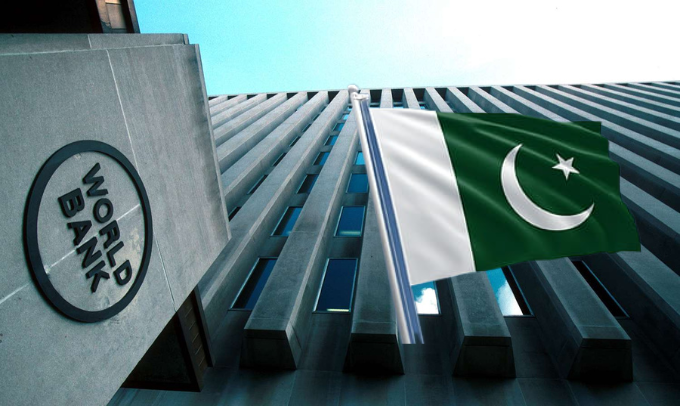9 June 2023, Islamabad, Pakistan
The Pakistan Economic Survey 2022/23 highlights the challenges faced by Pakistan’s economy and the growth experienced during the fiscal year. The report reveals that the real GDP grew by 0.29%, with varying performance across sectors. The agriculture sector saw growth, while the industrial sector faced a decline. The services sector showed minimal growth. The government aims to resume development, establish inclusive growth, build investor confidence, and eliminate market uncertainties.
The agriculture sector experienced growth driven by wheat, sugarcane, maize, and livestock, but cotton and rice production faced setbacks. Manufacturing performance played a significant role in the decline of the industrial sector, while mining and quarrying showed improvement. The services sector, a significant contributor to GDP, had limited growth, necessitating sector-specific reforms and investment.
Fiscal indicators show progress in fiscal management, with a decreased fiscal deficit. However, headline inflation increased significantly, calling for measures to control inflationary pressures and maintain fiscal discipline.
The Economic Survey emphasizes the government’s commitment to overcoming challenges and fostering sustainable development. It suggests targeted reforms, investment, and policies to stimulate growth and ensure economic stability. Opportunities lie in enhancing productivity in the agriculture sector and addressing challenges faced by cotton and rice production. The industrial sector needs measures to boost manufacturing performance and attract investment. Reforms are necessary to unlock the services sector’s potential and attract domestic and foreign investment.
The government’s focus on fiscal discipline is evident from the reduction in the fiscal deficit. However, rising inflation rates call for measures to control prices and ensure affordability for the population.
The report underscores the importance of sustainable development and resilience in Pakistan’s economy. Collaboration between policymakers, businesses, and citizens is crucial for achieving long-term economic growth, stability, and improved living standards.













